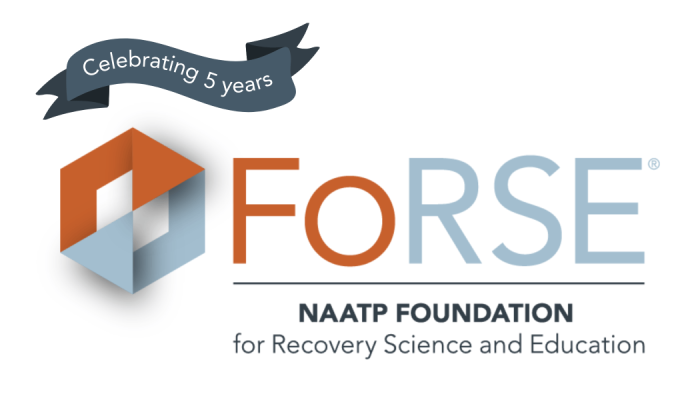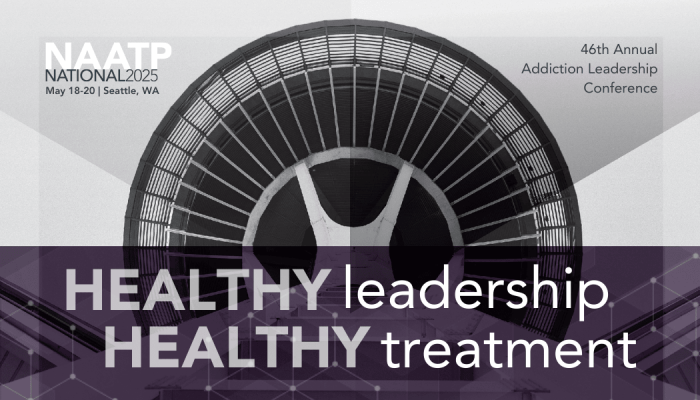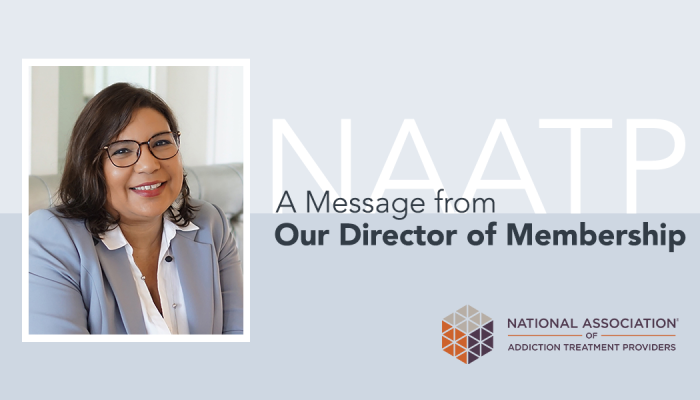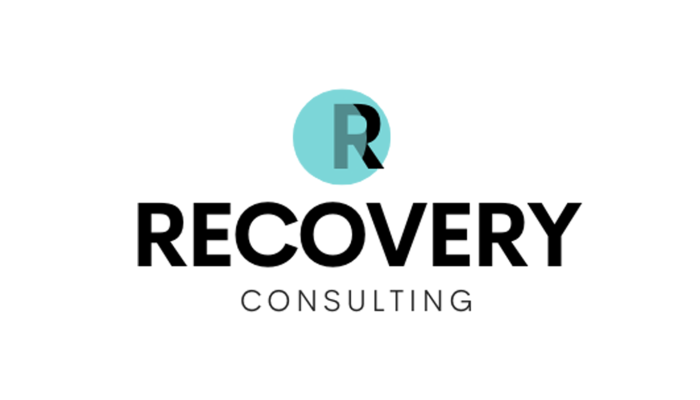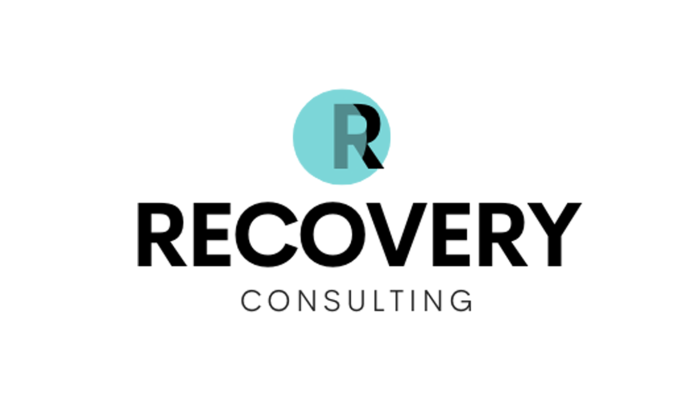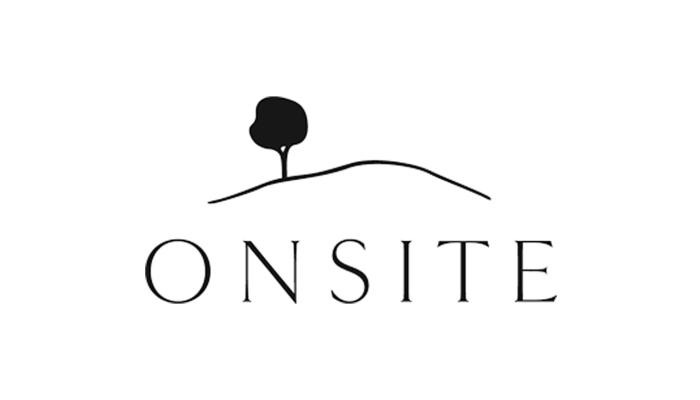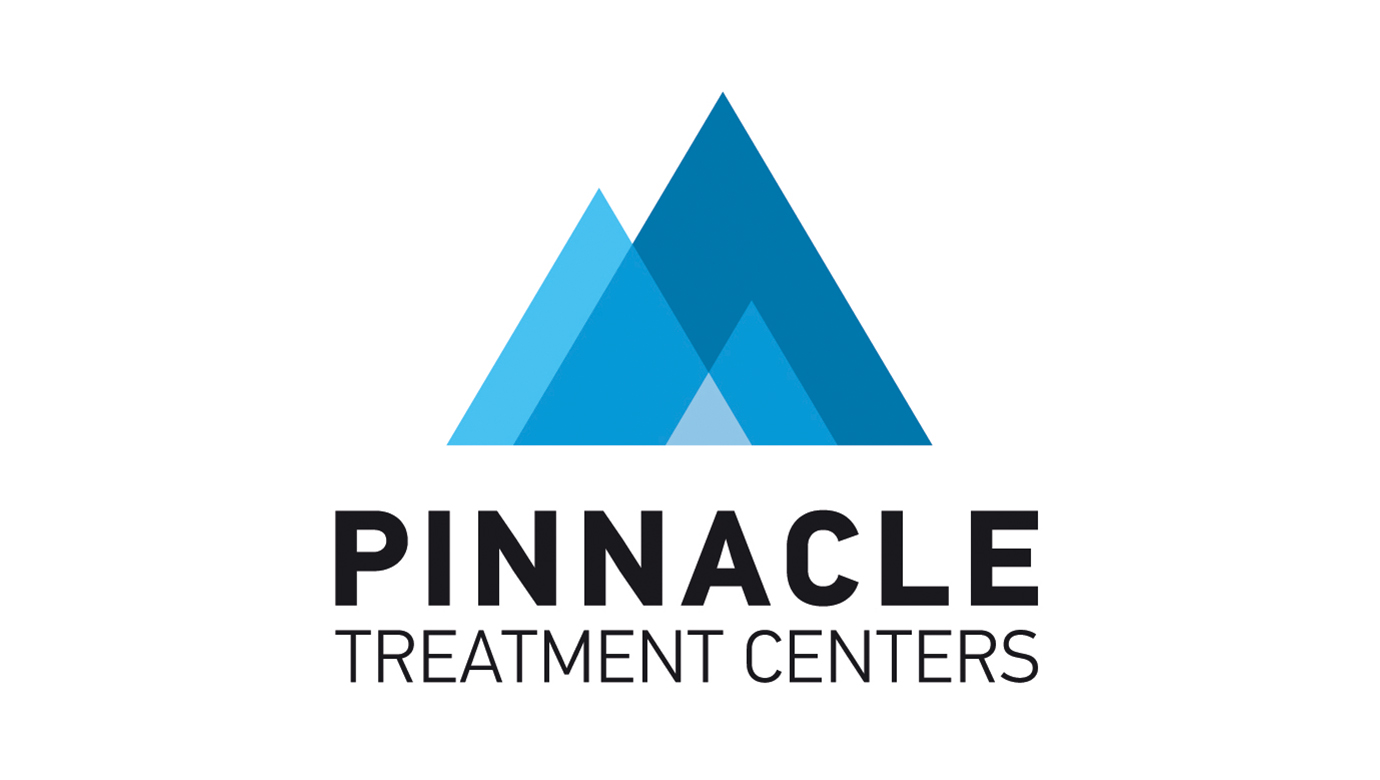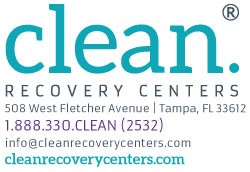Jun 19, 2024
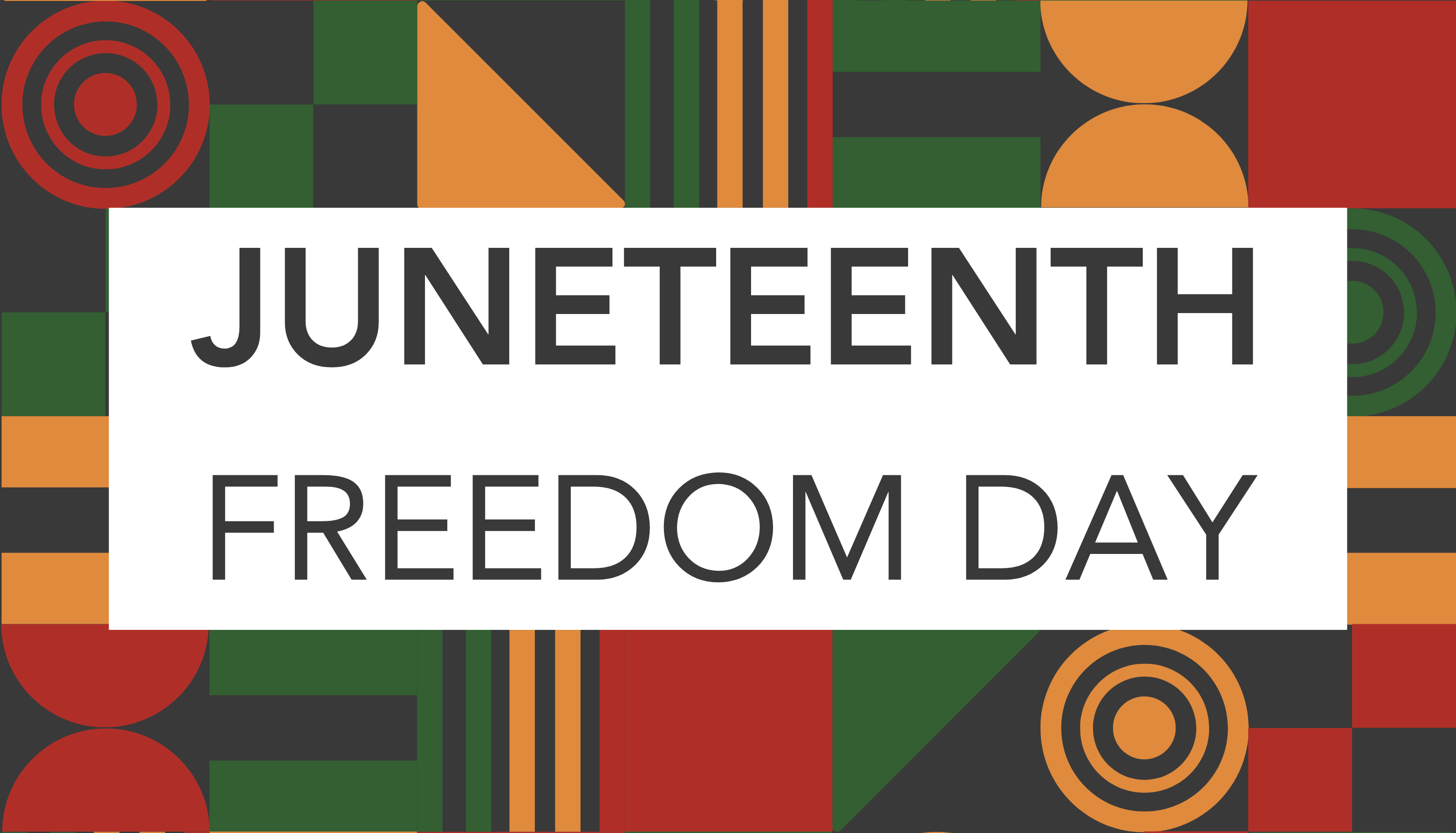
As we commemorate Juneteenth, a significant day marking the emancipation of enslaved African Americans, the National Association of Addiction Treatment Providers (NAATP) is proud to highlight the importance of diversity, equity, inclusion and belonging (DEIB) in the addiction and behavioral health treatment community. This year, we are especially honored to celebrate the work of the Hazelden Betty Ford Foundation, and their DEI Director, Andrew Williams who received the prestigious Diversity, Equity, and Inclusion Award for his transformative work in advancing behavioral health and recovery equity.
During the NAATP’s 2024 Annual Leadership Award Dinner, Andrew delivered a powerful acceptance speech that resonated deeply with all attendees. Below are the highlights of the speech, which underscore his commitment and the collective efforts needed to drive DEI initiatives forward.
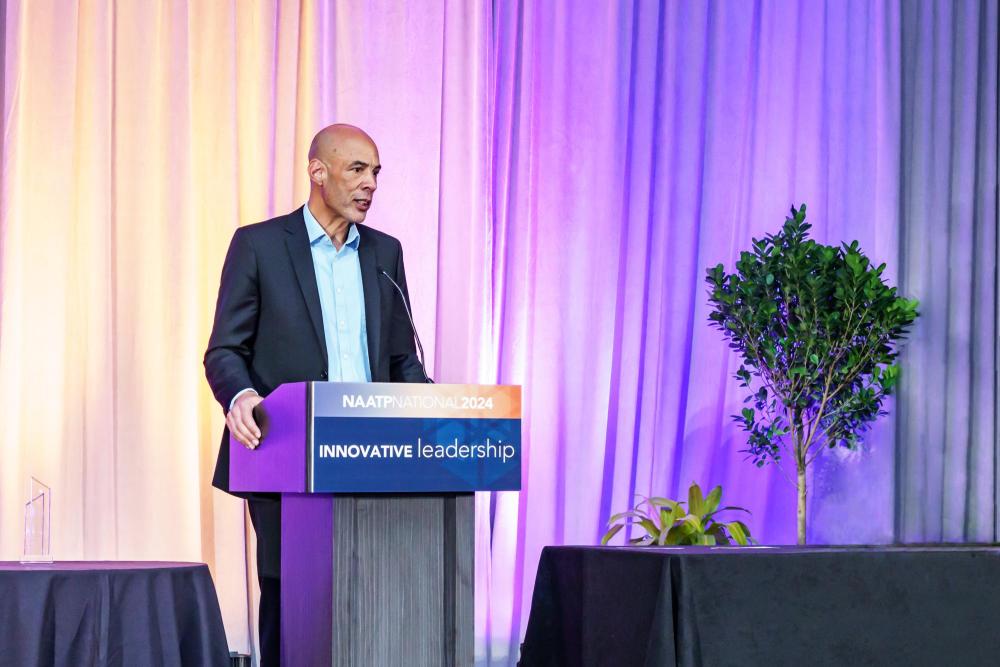
ANDREW WILLIAMS : I am very appreciative of this opportunity to be in community with all of you this evening as part of the NAATP’s Award Dinner. Since I joined this field three years ago, being a part of this community has fueled my professional and personal development and learning. The work of the NAATP’s DEIB Committee has deeply informed our organization’s DEI vision, goals, and strategies. Finally, this is also a community within which I have found healing from my own adverse childhood experiences growing up in a family that struggled with addiction.
Thank you NAATP for recognizing me with this award. Thank you for seeing me as a professional. And thank you for recognizing the transformational work we are doing at the Hazelden Betty Ford Foundation to advance health and recovery equity.
This award has special meaning for me because its namesake, Dr. Peter Hayden, has been one of my most crucial mentors since I moved into this professional space three years ago. His radical ethic of care, wise counsel, and efforts to connect me with the Black community in Minneapolis and others in our profession are a testament to his continuing impact on our field.
Those of you who have done DEI work or who have led any major culture change effort within an organization know that no one person can move the dial significantly. It takes many others acting in solidarity. My success is a testament to the success of our organization’s DEI committee that laid the foundation for my arrival and our emergent strategy. My 30 years of professional experience has taught me that DEI change does not happen without bold and courageous leadership at the top. I want to recognize Dr. Joseph Lee for his leadership and steadfast commitment even as the backlash against DEI has strengthened.
With the support of Dr. Lee, our DEI Committee, and many others across our organization, we have been successful in building a transformative learning culture, not a cancel culture. This has included a deep investment in enhancing the capacity of all our clinical professionals to offer gender-inclusive and culturally responsive care. Our learning culture has also helped us strengthen inclusivity within our organization, which will continue to be a foundation for our success in diversifying our workforce. Not only have we increased the diversity of our workforce by 10% in the last year, but we have also increased the cultural diversity of our Board of Directors and our Executive Leadership Team, which now is composed of a majority of women. We have also expanded our partnerships with Native Nations and POC communities around the country. And in a real game changer in our profession and higher education, the Hazelden Betty Ford Graduate School launched an Alternative Pathways to Admission program that creates opportunities for individuals to enter graduate training without a BA degree.
There is much more work out in front of us, including accelerating recovery equity for those who come to us for care. This remains the north star of our DEI vision and strategy.
The incisive Kenyan writer Ngugi Wa Thiong'o has written, to paraphrase, to assess the health of a society, look into the eyes of their children. Most Wednesday mornings, I co-facilitate a BIPOC recovery group at our Plymouth, Minnesota Treatment Center for Youth, Young Adults, and Families. Looking into their eyes, listening to their lived experiences has brought me closer to our nation’s addiction crisis, closer to the impact of our nation’s political and economic policies and convulsions, and closer to the limits of our organizational policies, procedures, and practices. I dedicate this award to them, the most vulnerable to our nation’s addiction crises and the expanding culture of cruelty that, more often than not, treats them as disposable.
My hope is that our DEI work at the Hazelden Betty Ford Foundation will inspire you to deepen your commitment to health and recovery equity. Embrace our bold humility that has included a healthy disregard for the impossible.
Thank you. (Applause.)
The Significance of Juneteenth in Our Work
Juneteenth is more than a celebration; it is a reminder of the ongoing journey toward freedom, equality, and justice. It highlights the importance of addressing systemic inequities in all areas of society, including substance use disorder treatment. At NAATP we are committed to this cause, inspired by leaders like Andrew Williams who exemplify the principles of DEIB in their work.
NAATP’s Commitment to Diversity, Equity, and Inclusion
NAATP is dedicated to promoting diversity, equity, and inclusion within the addiction and behavioral health treatment sector. Our initiatives include:
DEIB Tool Kits and Resources: Providing members with the tools and resources needed to create inclusive treatment environments.
Advocacy: Working at the policy level to ensure legislation supports equitable access to treatment for all communities.
Research and Education: Supporting research that highlights disparities in addiction and behavioral health treatment and educating members on best practices to address these issues. Our FoRSE data project is key to supporting providers with data that enables the measurement of outcomes.
Join Us in Celebrating Juneteenth
As we honor Juneteenth, we invite our members and the broader community to reflect on the legacy of those who fought for freedom and equality. Let us continue to champion diversity, equity, and inclusion in all our efforts, ensuring that every individual has the opportunity to receive compassionate and effective treatment.
Together, we can build a more inclusive healing environments that promote recovery equity for all.
About the Author:
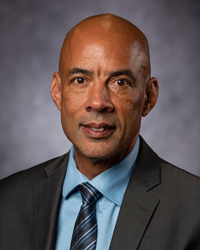 Andrew Williams, DEI Director for Hazelden Betty Ford Foundation
Andrew Williams, DEI Director for Hazelden Betty Ford Foundation
For over 30 years, Williams has worked at the intersections of cultural anthropology, educational equity leadership, community-based learning, and global education to advance social justice, planetary health, intercultural understanding and health equity. Prior to his arrival at the Hazelden Betty Ford Foundation, Williams served as Assistant Vice-Chancellor at the University of Minnesota Rochester providing strategic leadership for efforts to center access, equity, and public health in the university’s vision of health sciences education. As the organization’s first National Director of DEI, Williams leads the execution of the Foundation’s DEI strategy, including efforts to advance health and recovery equity.




